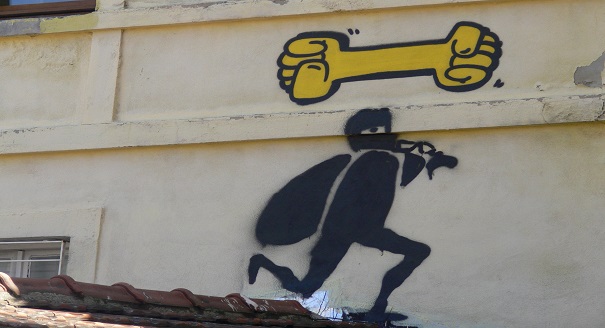It is better to visit Turkey, when the influx of tourists is over. In a mescit (mosque), dukkan (shop), or cayhane (tea shop) one can witness the polyphonic life of the country. In the absence of such an opportunity, the novels of Orhan Pamuk, one of the best contemporary authors, can help discover the character of this land (though in Turkey there are contradictory views on the works of Pamuk).
Even surface knowledge about Turkey allows to hear multiple voices in this country. Let’s take the Taksim Square. One can argue that the Taksim movement has failed, since it has not been able to bring a change to the political system of Turkey, or, at least, become a significant political force. Others may object. For them it has been a success, since the Taksim inflamed other places across the country. Now it is evident that the rule of Recep Tayyip Erdoğan does not enjoy unstinted support.
Does it mean the existence of “Other Turkey”? (Like some people try to describe the political arena in Russia: Other Russia vs. Putin’s Russia.) I don’t think so. There are many groups in that country. For some of them Erdoğan is too radical, for others the prime minister is too moderate, and for some he is good enough.
The huge difference from Russia is that all these groups have been accepted as one nation. The Turkish authorities cannot regard the opposition camp as a mere league of funny gentlemen. The most recent example is the decision of the Çankaya municipality of Ankara to name new parks after protesters Ethem Sarısülük, Mehmet Ayvalıtaş, and Abdullah Cömert, as well as police officer Mustafa Sarıwas.
It is hard to imagine a similar decision of the Russian authorities, which would prefer to exclude opposition groups from the nation rather than include them. In the same way many opposition activists do not want to accept the ruling group as a part of the nation. The 20th century history of Russia/USSR demonstrates that we, unsuccessfully, try to build nation by exclusion.
No doubt, the history of Turkey also knows many exclusionist approaches (the case of the Kurdish movement is an evident example). Such approaches were on the table in the case of the Taksim movement. Initial overreaction of police and statements about Israel’s hand provide convincing proof of this.
Yet finally Ankara has chosen inclusive response to the Taksim challenge. The cancelation of the Artillery Barracks project which had trigged the unrest is a symbol of this response.
